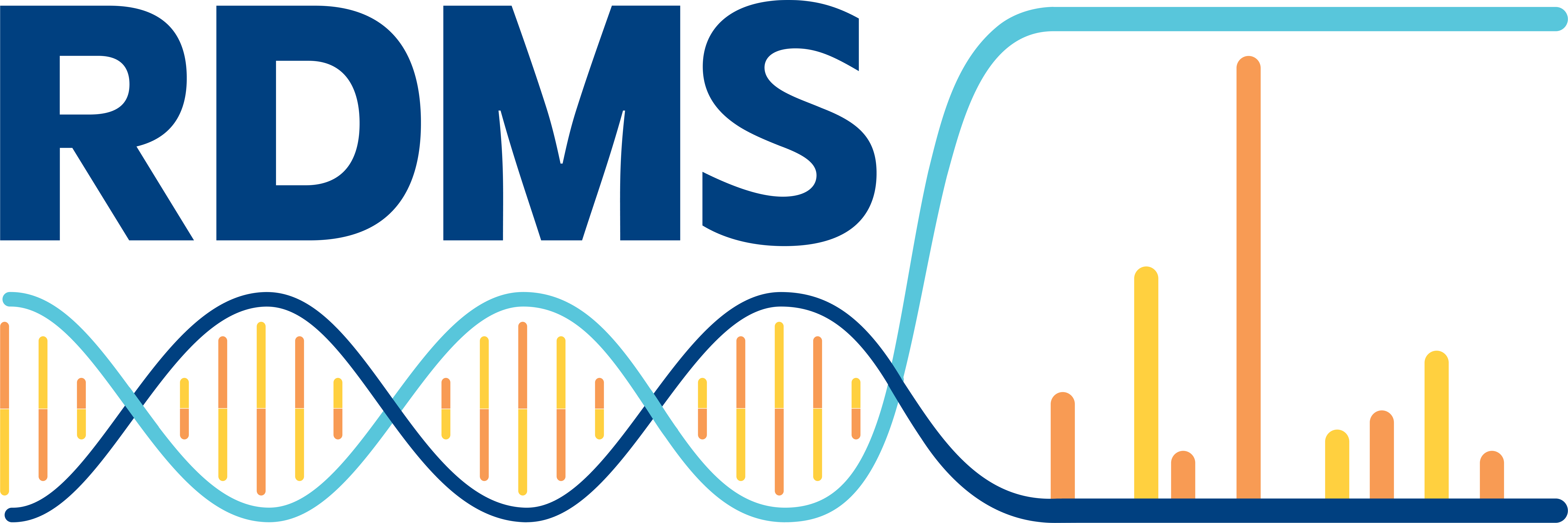
RDMassSpec will develop a novel, scalable, disease agnostic mass spectrometry (MS) based functional genomics platform that will increase the diagnostic rate for individuals with rare monogenic disorders. Proteomic and metabolomic data arising from this platform will be combined with clinical genomics data, allowing earlier and more efficient diagnoses, fewer public health interventions, and allowing the precision management of affected individuals and their families.
RDMassSpec will conduct proteomic testing on approximately 300 cell or tissue based samples from undiagnosed participants recruited from three cohorts listed below, as well as from a cohort of nationally referred cases that remain undiagnosed following standard of care clinical genomic testing at the VCGS.
- Rare Diseases Now [RDNow; HREC/67401/RCHM-2020]
- Acute Care Genomics [ACG; HREC/16/MH/251]
- Undiagnosed Diseases Network-Australia [UDN-Aus; HREC/79712/RCHM-2021]
Advanced metabolomic testing will be conducted on approximately 100 cell or tissue based samples from undiagnosed participants recruited from the same three cohorts.
Principal Investigator
A/Professor David Stroud
The University of Melbourne
Recruitment information
Recruitment period: March 2023 – October 2025
Inclusion criteria
A participant who:
- Has a rare undiagnosed condition of likely genetic aetiology and who is willing to provide consent, provide access to clinical data and provide biological samples.
- Remains undiagnosed after participation in RDNow, ACG, UDN-Aus or following clinical genomic testing at VCGS.
Specifically, families will be selected if they meet the following:
- Consanguineous families with rare undiagnosed, and presumed autosomal recessive, clinical disorders; or
- If there are two or more affected individuals with a childhood-onset disorder within a single family and the pedigree is not suggestive of mitochondrial inheritance; or
- Multiple families where in each family there is one or more affected proband in each family with the same clinical phenotype, and where the pedigree and clinical history is compatible with Mendelian inheritance; or
- Isolated cases with highly unique phenotypes including facial dysmorphism (not diagnostic of a particular syndrome), multiple malformations and neurodevelopmental disorders; or
- Families with a high suspicion of a genetic disease where prior clinical genomic sequencing was unable to identify the affected gene.
Final inclusion to the study will be confirmed by review by the study MDT and will determine the eligibility of the identified variant for analysis.
Exclusion criteria
- Condition in the family assessed as unlikely to be monogenic.
- Unaffected member of family if they were not required to enhance genomic analysis.
- Unwilling to provide informed consent.
- Unwilling to provide biological samples.
- Unwilling to allow access to clinical data.
- Not possible to provide sufficient interpretation of the research and consent forms to participants from culturally and linguistically diverse backgrounds even after all possible efforts have been made through the use of medical interpreters and translated information and consent forms.
Sample requirements
A variety of commonly collected cell or tissue based samples can be submitted for proteomic and metabolomic analysis. We are also interested in cases of high clinical urgency for inclusion in our ultra rapid proteomics study. For ultra rapid proteomics we require 1ml of whole blood from which we isolate PBMCs.
Referral process
We take referrals from participants who have previously been recruited through the projects RDNow, Acute Care Genomics, UDN-Aus or have undergone clinical genomic testing at VCGS. We may be able to assist with enrolling new participants into these studies.
Contact
Rosie Brown
rosie.brown@mcri.edu.au
(03) 8341 6247

